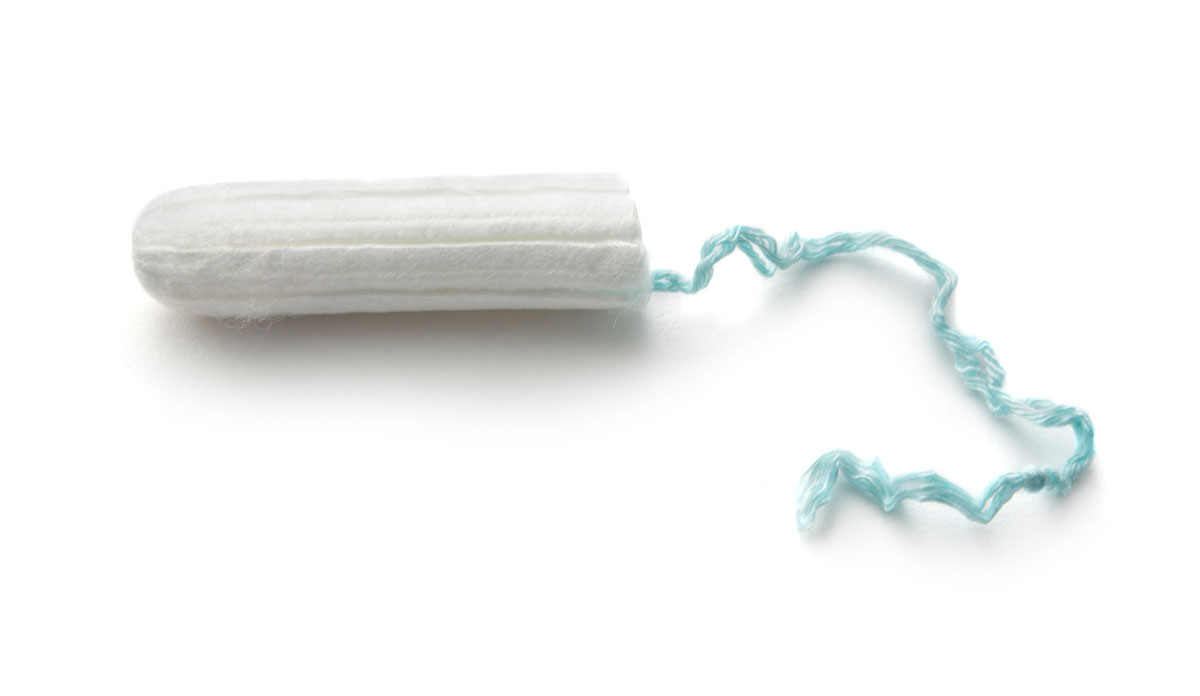When Arizona’s all-male House of Representatives heard House Bill 2222 on feminine hygiene products, Representative Jay Lawrence said “I’m almost sorry I heard the bill…I didn’t expect to hear about pads and tampons and the problems of periods.” Introduced by Rep. Athena Salman, Arizona House Bill 2222 allocates funds to provide women in state prisons with unlimited and free access to feminine hygiene products. Access to sanitary menstrual products is considered a basic human right in European prisons. Not so in the US.
The House Rules Committee’s discomfort around the subject matter of feminine hygiene and menstruation stalled the bill. This led to the #LetItFlow campaign, in which women sent envelopes stuffed with letters, donations, and pads to Rep. Lawrence’s office. The overwhelming response pushed the Arizona Department of Corrections to release a statement of immediate policy change regarding sanitary product allocation in prisons, as well as the (marginal) passing of House Bill 2222.
Lack of sanitary products in prisons results in humiliation. The shame women experience during their period is heightened among women incarcerated, who are vulnerable to inhumane treatment, and humiliation by correctional officers.
A 2017 Bureau of Prisons report cited many prisoners continue to experience irregular allocation of products, restrictions on availability of product type or size, or having to pay for products.
Although federal prisons passed legislation in 2017 to provide free menstrual products, reports indicate that many prisons were failing to provide adequate supplies. A 2017 Bureau of Prisons report cited many prisoners continue to experience irregular allocation of products, restrictions on availability of product type or size, or having to pay for products. Furthermore, the federal legislation only reaches a small portion of women prisoners as 95% of incarcerated women are housed in local jails or state prisons. Therefore, the number of sanitary hygiene products provided to incarcerated women each month varies by state.
Only four states and New York City have passed legislation granting access to free feminine hygiene products in prisons. Access for prisoners in state facilities across the rest of the US is limited. More than half of the women in New York state prisons report not getting enough pads per month. Female inmates in West Virginia state prisons cannot possess more than two boxes of tampons at a time. Inmates in Delaware have to ask guards for sanitary pads, and are only given up to six at a time. And tampons must be purchased.
Incarcerated women also face health risks, particularly when they are forced to improvise menstrual hygiene supplies, using toilet paper or maxi pads as tampons, or notebook paper to wipe themselves.
Menstrual products provided in state prisons are often of poor quality or provide minimal protection. In turn, women are forced to ask guards for more, a subject often uncomfortable or difficult to broach given that 40% of guards in female state prisons are male. Prisoners have the option to purchase hygiene products from a commissary which are often unaffordable on their less-than-a-dollar hourly salary. Furthermore, female inmates often do not have the outside financial support that male prisoners have, making sanitary products rare commodities, and traded as bargaining chips.
Incarcerated women also face health risks, particularly when they are forced to improvise menstrual hygiene supplies, using toilet paper or maxi pads as tampons, or notebook paper to wipe themselves. These unhygienic and abrasive substitutions can result in bacterial infections, toxic shock syndrome, sepsis, and even death.
Prisons have historically been constructed for men, producing a system built around gender biases. Structures from health care to jail use assessments tools have been designed to test individuals who are gender-neutral or for men, leaving women to suffer from harsher jail assessments and inadequate access to health care.
According to the American Civil Liberties Union, the United States is the only democratic nation that fails to have an autonomous agency to assess conditions and enforce health and safety standards of prisons.
Feature image: Floortje/iStock













